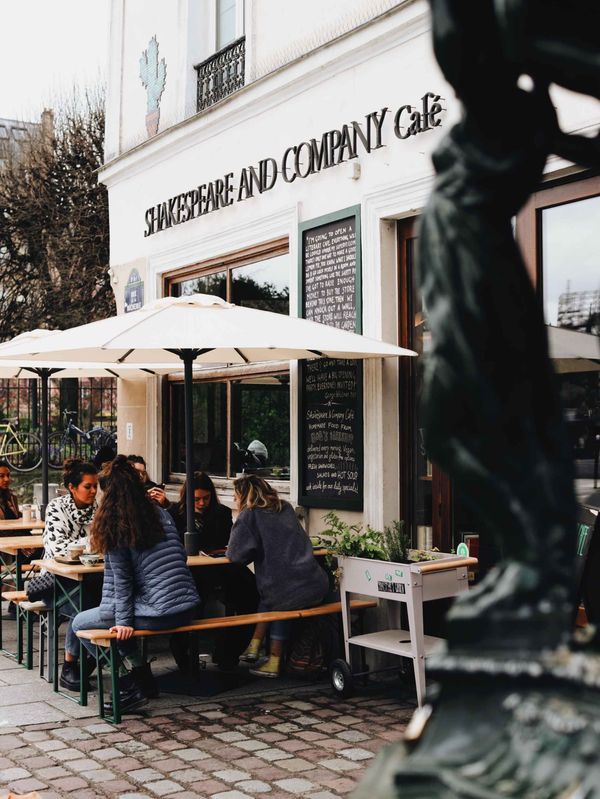
I’ll let you hear them in their own words before I delve into analyzing the practice below.Īnd then, the move. They’ve given me a perspective of Pagan womanhood that’s unique and fascinating. I’ve read their blogs and asked them questions, and they have surprised and confounded me. They’ve even formed a private Facebook group. Suddenly I found this small, but growing movement of Pagan women who are veiling their hair for religious reasons. To this day I still like a hat on my head. Internally it was like taking on a mantle of spiritual power, which was the opposite of it’s intended action, and it made me feel more confident in my own skin.

My family didn’t pay it much mind (they had come to realize I was an odd duck years ago) and neither did the folks at the grocery store. There was an internal change that had nothing to do with my outward appearance. Just your average, cheap dollar store bandannas, but the experience was something I will never forget. Yet, for several months, but I believe less than a year, I covered my head as a sign of submission to God’s will, and the will of my parents. Paganism, along with feminism, helped me to do that. Paul didn’t help me reach my practical goal. Essentially, what I wanted to know was “ What do I have to do right to get out of these horrible circumstances?” You can imagine that wearing modest dress and reading St. My reading literature as a teen was influenced by the Quiverfull movement, and what it meant to be a modest, virtuous Christian woman was my obsession. I was a weird kid, a religious nerd, and fascinated by the Amish and Mennonites.

I ask you to listen to the beliefs and reserve judgement for a moment.

Which makes this a difficult subject to introduce, because there will be a knee-jerk reaction to the practice. It is the practice we value, not the belief. We care that you invoke the Gods, not what you believe regarding their nature and relationship to humanity. We care that you walk the proper direction in circle, not why you do it.

We care what you do, and not as much why you do it. There is a tendency to place the practice over the spiritual in our communities.


 0 kommentar(er)
0 kommentar(er)
